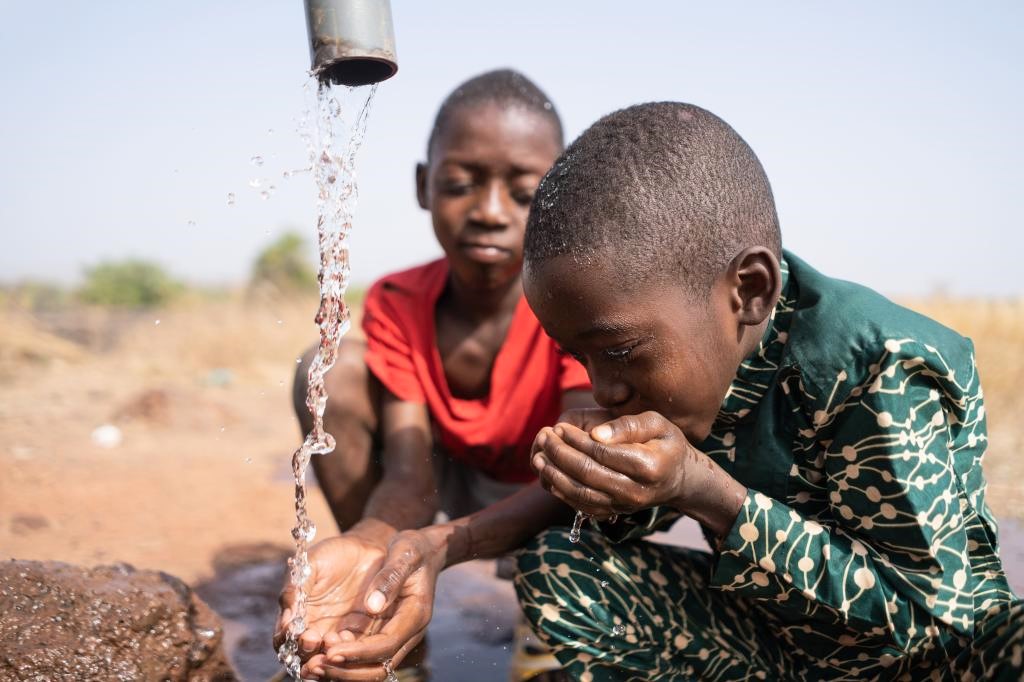Sharleen Mohammed
Government of Zimbabwe, with support from United Nations Children’s Fund (UNICEF), is taking bold action to protect children from the devastating effects of climate change, as the country faces harsh realities of climate-induced El Nino.
Through the “Invest in Climate, Invest in Children” campaign, UNICEF is urging government entities, development partners, and the private sector to prioritize children in their climate investments, and is scaling up programs to develop climate-resilient water and sanitation, health, education, protection interventions and cash transfer programs.
Addressing journalists at a recently held press conference in Harare, UNICEF, Chief of Communications, Yves Willemot said: “Climate crisis is a child rights crisis, children in Zimbabwe are already feeling the impacts of climate change, from droughts to floods, and it’s only getting worse.”
“We urgently need to invest in child-centred climate solutions to protect their futures.” She added.
Willemot explained that the increasing frequency and severity of climate-related hazards pose significant risks to children worldwide.
UNICEF’s Children’s Climate Risk Index (CCRI) 2021 revealed that approximately 1 billion children live in high-risk countries.
“Zimbabwe is no exception, experiencing cyclical droughts, floods, and extreme weather events, including those caused by phenomena like El Nino and La Nina. Climate change-induced events are becoming more frequent and intense, leading to severe impacts on children and their communities,” she highlighted.
“UNICEF is calling for an urgent increase in child-centred climate investments to reduce the risk of shocks caused by climate change on children.
“This includes funding for climate-resilient programs to ensure continued access to essential services like health, education, water and sanitation, nutrition, and child protection. Additionally, programs are needed to strengthen the resilience of households to deal with climate-related emergencies,” said Willemot.
The current El Nino crisis affecting large parts of Zimbabwe highlights the urgent need for action.
Willemot explained that the challenges created by El Nino come at a time when the country is also faced with public health emergencies related to cholera and polio, putting Zimbabwe into a complex, multi-dimensional humanitarian crisis.
As part of its climate campaign, UNICEF is inviting all stakeholders in Zimbabwe to support the call for child-centred climate investments.
“People can sign the petition online through UNICEF Zimbabwe’s climate campaign site, joining the urgent call to protect children from the devastating impacts of climate change,” she added.


